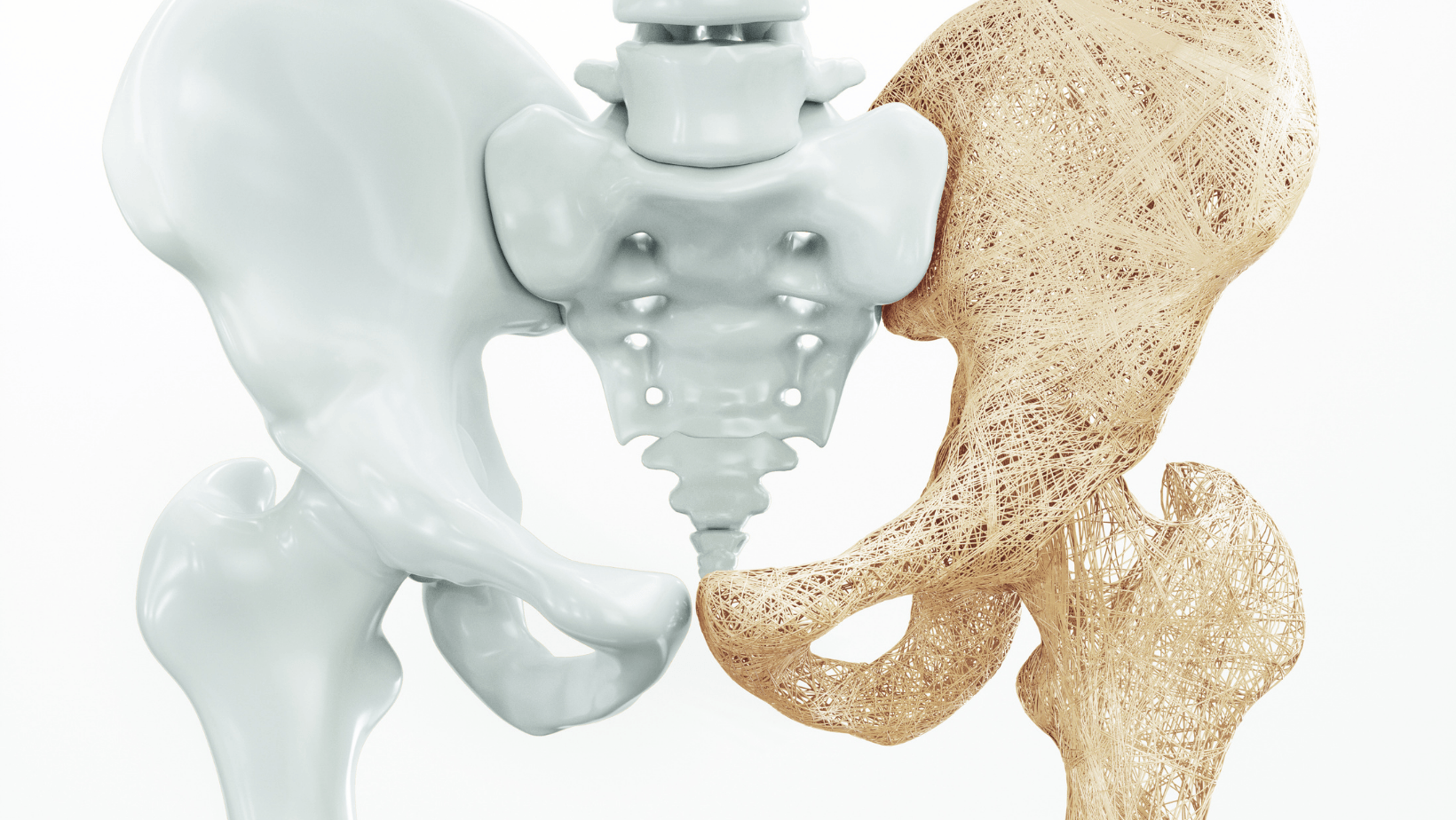Asthma - Symptoms, Causes, and Treatment - Avicenna Health
Asthma
A patient with asthma said: "There are lots of things that trigger an attack for me. Here are just a couple. When I laugh more than just a slight chuckle, my throat tightens, and I cough a lot. I can be around dogs in the daytime, but if I fall asleep near one through the night, I wake up with a serious attack and can barely catch my breath. My lips turn blue, and my throat is so tight I can't use my rescue inhaler. I must keep a nebulizer ready at all times. It's the only thing that will stop an attack when I'm asleep, and even then, it takes a while to work."
Definition of Asthma
Asthma: An airway inflammation in which the windpipes get narrowed, producing extra mucus. this narrowing may lead to airflow obstruction, causing difficulty breathing, coughing, and wheezing.
It is considered one of the most common diseases in childhood, but it can affect people of all ages.
Asthma could be a life-threatening condition. Fortunately, a high percentage of children will have decreased symptoms as they grow up.
How much time does it last?
Most often, it is a long-term condition, mainly when it develops in adult age. Even though it is not a curable condition, you can control its symptoms with the right treatments.
Symptoms:
An asthma attack causes symptoms that can differ from one person to another; often include:
- Breath shortness - Medically known as dyspnea, which is the difficulty of getting enough air.
- Coughing - The worst at night or in the early morning.
- Chest tightness – A discomfort or heaviness feeling in your chest.
- Wheezing – A whistling sound happens when the airways are tightened.
Causes:
Triggers that induce asthma attacks may include any of the following:
- Allergens (e.g., pollen, house dust mites, pet dander, and cockroach allergens).
- Pollutants exposure, such as cigarette smoke
- Gastroesophageal reflux disease (GERD)
- Infections like common cold and sinusitis
- Emotional triggers, like stress or laughter
- Exercises, especially in children
- Drug allergies, particularly aspirin and nonsteroidal anti-inflammatory drugs (NSAIDs)
- Irritants, like strong odder or chemicals
Risk Factors:
- Patient who has relatives with asthma
- Patient with allergic diseases, for example, hay fever
- Patient with Obesity
- Smoking or secondhand smoking
- Perinatal factors, such as prematurity and smoke exposure
- Work-related-triggers exposure, like flour or wood dust
When to see a doctor?
Generally, asthma should be monitored by a doctor. So if you think you might have asthma, you need to get an appointment right away. You may also need to see a doctor if your symptoms are getting worse.
Other signs and symptoms that indicate a severe condition include:
- Symptoms are getting worse even with treatments
- Breath shortness or wheezing without any effort
- Rapid pulse with sweating
- Breathing stops even for a while
Diagnosis:
The most crucial test besides physical examination is lung function tests. Often include:
- Spirometry. A test that performs using a small machine called a spirometer to measure how much air you can breathe in and out and how fast.
- Peak flow. A test that performs by blowing as hard and as fast as you can into a device to measure how quickly you can breathe out.
Other tests may include:
- Pulse oximetry. Usually performs in acute attacks to exclude hypoxemia.
- Lab tests involving blood and saliva tests, looking for eosinophils in sputum, which is a specific white blood cell, in addition to arterial blood gas.
- Diagnostic procedures, such as chest X-rays looking for abnormalities and infection signs.
Differential Diagnosis:
- Chronic Obstructive Pulmonary Disease (COPD)
- Bronchiectasis
- Bronchiolitis
- Cystic fibrosis
- Chronic sinusitis
- Gastroesophageal reflux disease (GERD)
- Pulmonary embolism (PE)
- Foreign bodies
- Heart failure
Management:
Asthma is not a curable condition, but it can be well-controlled by medications in addition to avoiding triggers as much as you can.
Medications usually differ depending on symptoms and age. They can be classified into two main groups:
- Long-term control medication, such as:
Inhaled corticosteroids, which decrease the inflammation of the airways.
Long-acting B2 agonists, which help to relax airway muscles.
Others may include (leukotriene modifiers, mast cell stabilizers, and theophylline)
- Quick-relief medication, such as:
Short-acting B2 agonists and anticholinergic agents. In addition to some short-term corticosteroids, which can cause severe effects with long-term use.
If you have any concerns about non-emergent health conditions, you may schedule a telemedicine consult with the Avicenna Health provider for an individualized consultation.
References:
- Mayoclinic.org
- Medscape.com
- Drugs.com
- Nhs.uk
- Emediciehealth.com













